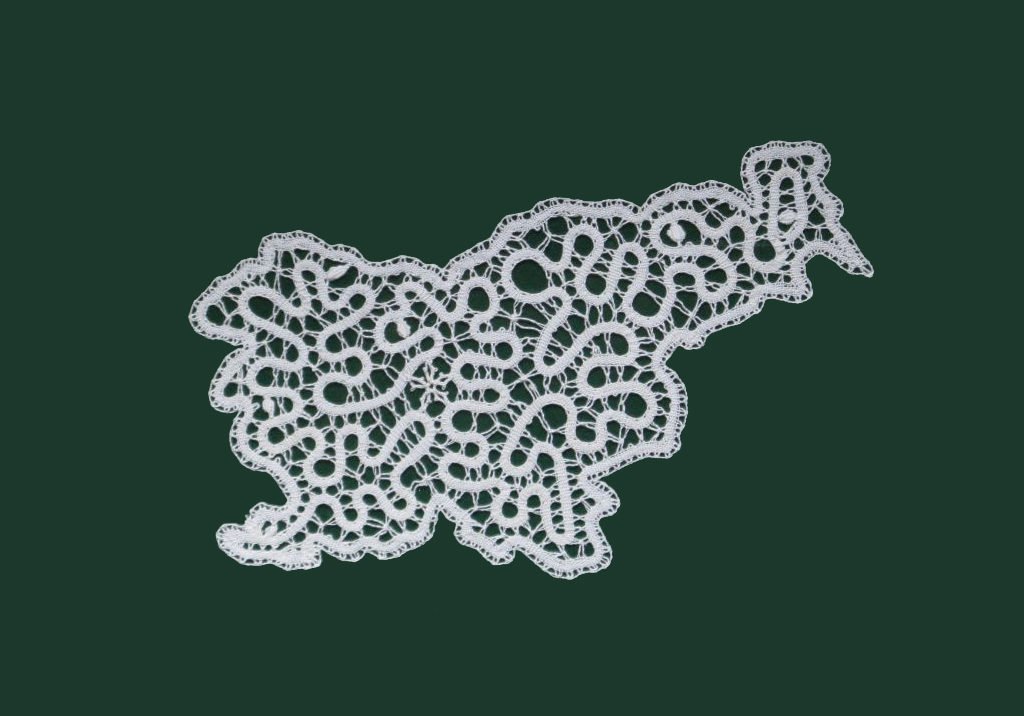
Nomination for the Representative List of Intangible Cultural Heritage
On October 26, 2018, The evaluation committee of the UNESCO Intangible Cultural Heritage Conference nominated Lacemaking in Slovenia for the UNESCO’s representative list of the intangible cultural heritage of humankind.
UNESCO established its List of Intangible Cultural Heritage with the aim of ensuring better protection of important intangible cultural heritages worldwide and the awareness of their significance. Representative List of the Intangible Cultural Heritage of Humanity, comprises cultural “practices and expressions [that] help demonstrate the diversity of this heritage and raise awareness about its importance.”
The entry of lacemaking in Slovenia is the third Slovenian entry on UNESCO’s representative list of the intangible cultural heritage of mankind. First, the Škofja Loka Passion was listed in 2016, and the second, Kurentovanje was listed in 2017.
Idrija is the main and the oldest Slovenian centre of handmade bobbin lace. The lacemaking craft flourished at the peak of mercury mining in Idrija. Soon all the main lacemaking cities started admiring Idrija lace, not only the Austrian and German centres, where Idrija lacemaking most probably originated, but also Dutch and Flemish ones. Idrija lace nowadays carries a geographical mark as the finest handmade craft product.
“Crossing and twisting” the threads coiled on wooden bobbins and forming patterns such as “srčkovka”, in the shape of a heart, lacemaking requires much knowledge and dedication. Lacemakers learn their skills at Idrija Lace School, which is still the pillar of lacemaking in Europe. The last decade has been a chance for Idrija Lace to influence the fashion world and contemporary creativity. Get to know this attractive tradition at a lacemaking workshop.
